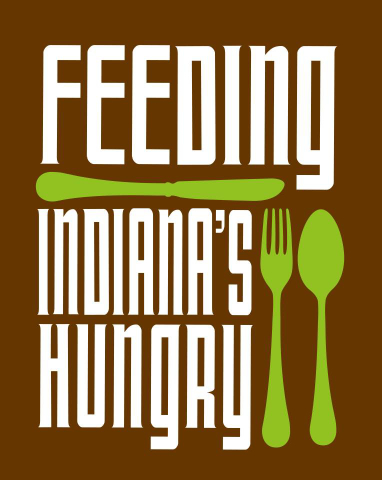Ask your state legislators to take action
on college student hunger in 2025
At first glance, a college campus might look like a place of equal opportunity: communal dorms, shared dining halls, similar course loads– and often, access to basic needs is put on the back burner once a college freshman arrives on campus. The reality for many is the very critical elements of a college student’s experience, including a student’s ability to focus in class or feel part of the campus community, are threatened by food insecurity.
One in three college students faces food insecurity nationally. As students from diverse backgrounds are entering college with hopes of creating a better future, many are struggling to support themselves and finish their degrees. While additional forms of assistance like local food pantries and SNAP exist, many students don’t know how to access these resources. Even if they do, there is a stigma that current students feel embarrassed to take advantage of these services.
With the pandemic, we know these issues were only exacerbated. In a national survey conducted by Swipe Out Hunger it was reported that:
• Nearly one-third (29%) of college students have missed a meal at least once a week since the beginning of the pandemic.
• More than half of all students (52%) sometimes use off-campus food banks – and 30% use them once a month or more.
• 49% of student parents have experienced food insecurity.
• 34% of students say they know someone who has dropped out of college due to difficulties affording food.
Costly housing, transportation, textbook, health care, and other living expenses coupled with the rising cost of tuition have created great financial obstacles for college students, particularly those from non-traditional backgrounds, which our country has seen an exciting boom in enrollment. The students facing the greatest hardships are those from low-income backgrounds, those who are undocumented, those who have children, first-generation college students, and former foster youth. Financial aid programs and scholarships designed for low-income students fail to cover the bulk of their needs and working while in school does not eliminate the threat of food insecurity.
The Hunger-Free Campus Bill creates a designation and provides support to public colleges that address student hunger on campus. Any college is eligible to access these funds if they:
- Establish a hunger task force that meets a minimum of three times per academic year to set at least two goals with action plans and includes representatives from the current student body.
- Designate a staff member responsible for assisting students with enrollment in the Supplemental Nutrition Assistance Program (SNAP).
- Provide options for students to utilize SNAP benefits at campus stores OR provide students with information on establishments in the surrounding area of campus where they can utilize SNAP EBT benefits.
- Participate in an awareness day campaign activity and plan a campus awareness event during the National Hunger and Homelessness Awareness Week.
- Provide at least one physical food pantry on campus OR enable students to receive food through a separate, stigma-free arrangement with a local food pantry or food bank near campus.
- Develop a student meal credit donation program OR designate a certain amount of money for free meal vouchers for students.
- Annually conduct a student survey on hunger, developed by the Department of Education, disaggregated by race, gender identity, sexual orientation, parenting status and financial aid status of students.
Contact your Indiana state legislator today to ask them to support this legislation in the 2025 General Assembly!





